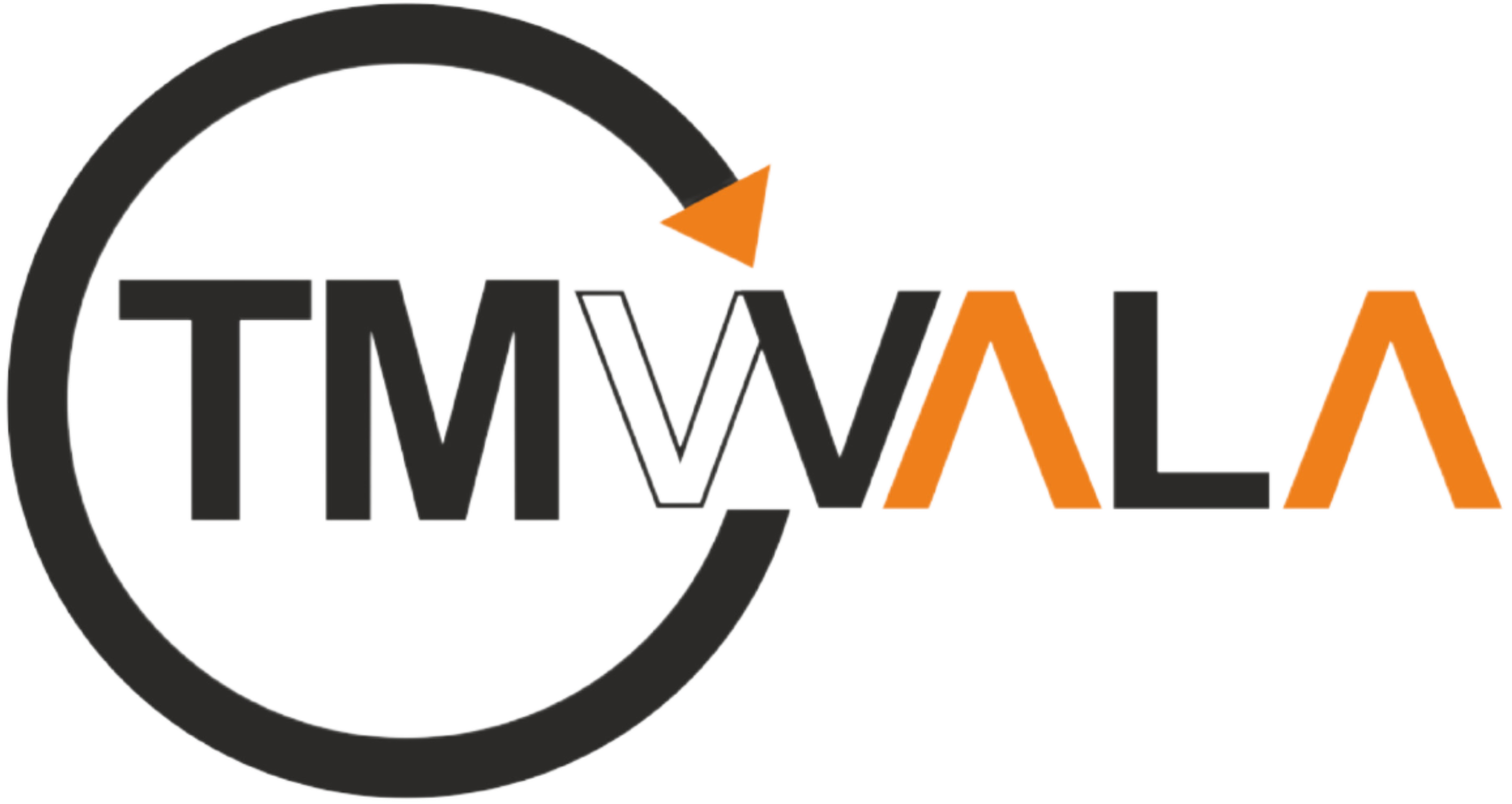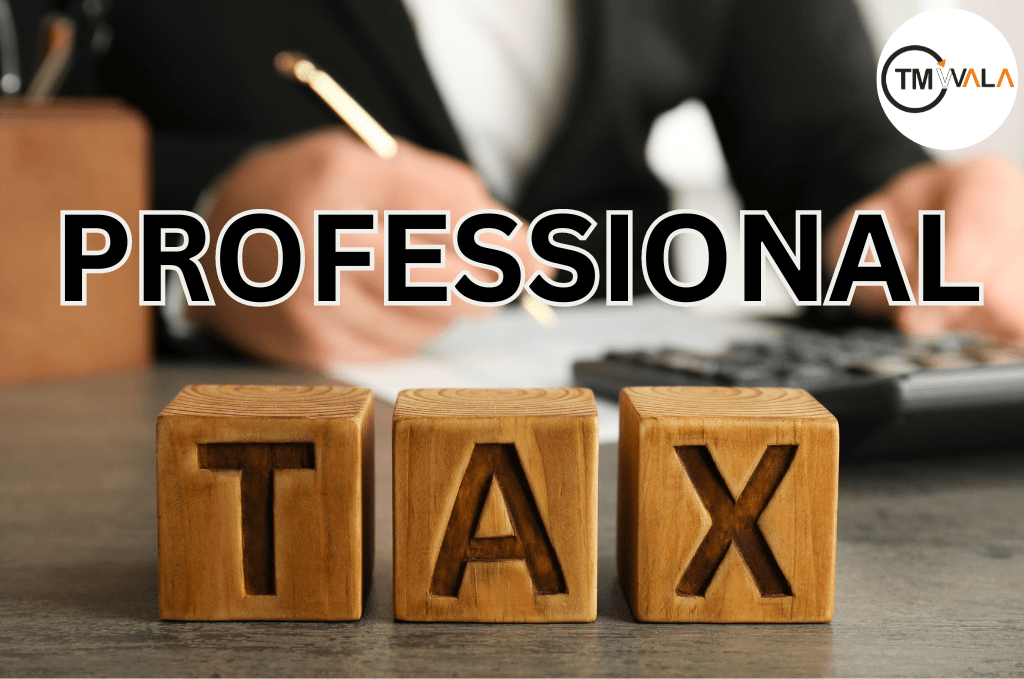What is Professional Tax?
Professional tax, sometimes known as P tax, is a state-level tax levied on those who make money from jobs, trades, occupations, or other callings. State governments throughout India are in charge of professional tax, as opposed to the Central Government, which imposes income tax. Employers with paid staff deduct the tax from their monthly pay and send it to the appropriate state government. States have different caps on the money, but generally speaking, the maximum is Rs. 2500 annually. Professionals who work for themselves, such as physicians, attorneys, and independent contractors, must also remit the state employment tax directly..
The state’s laws and an individual’s income determine the tax rates. Although state governments are in charge of these regulations, not all Indian states levy the tax. It is governed by Article 276 of the Indian Constitution, which gives states the authority to pass legislation pertaining to taxes on occupations, trades, vocations, and jobs.
What are the States and Union Territories in which Professional Tax is applicable?
Out of the 28 states and 6 union territories in India, this occupational levy is applicable in 21 states and 1 union territory.
The states and union territories in which it applies are:
Andhra Pradesh, Assam, Bihar, Chhattisgarh, Gujarat, Jharkhand, Karnataka, Kerala, Madhya Pradesh, Maharashtra, Manipur, Meghalaya, Mizoram, Nagaland, Odisha, Punjab, Puducherry, Sikkim, Tamil Nadu, Telangana, Tripura, West Bengal.
What is the Professional Tax Rate?
A state-level tax known as professional tax is imposed on those who make money from their jobs, trades, occupations, or vocations. Only when a person’s income surpasses a certain level, which differs from state to state, is this tax applicable. Professional tax is levied on individuals earning more than Rs. 4,166 per month in certain states, but just more than Rs. 3 lakh in others. The annual maximum sum that must be paid is Rs. 2,500.
The tax is normally subtracted from the person’s monthly salary and is computed using preset slabs linked to the professional’s gross income. This tax is collected by each state’s or union territory’s Commercial Taxes Department. Depending on the state’s regulations, the tax might be paid monthly or annually, even though it is computed based on the annual taxable income. Doctors, attorneys, and other self-employed professionals are also required to pay this local income levy to the state government directly. Article 276 of the Indian Constitution governs this tax and gives states the authority to pass legislation about taxes on occupations, trades, vocations, and employments.
Who is liable for Professional Tax?
By ensuring compliance with professional tax regulations, both employers and self-employed individuals can avoid penalties and contribute to state revenue efficiently.
- Deduction and payment: If employees satisfy the tax’s financial criteria, employers are in charge of taking professional tax out of their paychecks and remitting it to the state government.
- Trade/Profession Tax: If an employer meets the financial threshold established by the laws of the relevant State, they are required to pay the relevant work-related levy. This applies to corporations, partnership businesses, sole proprietorships, and other organizational forms. Individuals operating freelance enterprises or sole proprietorships without staff are required to file for professional tax if their income exceeds the state-specific level.
- Tax Payment: Self-employed people are required to fulfill their dues under this state-imposed charge.
Who is Exempted from Professional Tax?
Certain individuals are exempt from paying professional tax under the Professional Tax Rules. These exemptions aim to provide relief to specific groups who may face financial or physical challenges. Below is a comprehensive list of exemptions:
Individuals with Permanent Physical Disabilities:
- Persons suffering from permanent physical disabilities, including blindness, are exempt from paying professional tax.
- Parents or Guardians of Disabled Individuals:
- Parents or guardians of children with permanent physical or mental disabilities are exempt from professional tax.
- Educational Institutions: Individuals running educational institutions are exempt from professional tax.
- Foreign Nationals: Foreign nationals employed by the relevant state are exempt from professional tax.
- Senior Citizens: Individuals above 65 years of age are exempt from professional tax. In Karnataka, the exemption applies to individuals above 60 years of age.
- Women Under Specific Government Schemes: Women serving as agents under the Government’s Mahila Pradhan Kshetriya Bachat Yojana are exempt from professional tax.
- Members of the Armed Forces: Members of the forces as defined in the Army Act, 1950, the Air Force Act, 1950, and the Navy Act, 1957, including members of auxiliary forces or reservists, are exempt from professional tax.
- Textile Industry Workers: Badli workers in the textile industry are exempt from professional tax.
What are the Steps for Professional Tax Registration?
- Check Eligibility: Confirm your state’s professional tax regulations and thresholds.
- Visit State Portal: Access your state’s commercial tax department website.
- Fill Application: Complete the application form with accurate business and personal details.
- Attach Documents: Provide required documents such as PAN card, address proof, incorporation certificate, and employee salary details.
- Submit Form: Submit the form and documents online or at the designated office.
- Pay Fees: Pay the registration fee online or at the office.
- Verification: Authorities verify your application and may visit your business premises.
- Receive Certificate: Obtain your Professional Tax Registration Certificate.
- Display Certificate: Display the certificate at your business location.
- File and Pay Taxes: Regularly file returns and submit the applicable employment tax as per the state schedule.
- Keep Records: Maintain records of all professional tax payments and filings.
What are the Consequences of Non-Compliance with Professional Tax Regulations?
- Failure to comply with professional tax registration regulations can result in:
- Penalties and Fines: Vary by state; could be 10% to 50% of the amount owed.
- Interest Charges: Typically range from 1% to 2% per month.
- Late Registration: Penalty depends on state law; may include fines and additional charges.
- Late Payment: Penalties for delayed tax payments; states like Maharashtra impose a 2% monthly penalty and a 10% additional penalty for further delays.
- False Information: Providing incorrect information can result in penalties up to three times the amount due.
- Late Return Filing: Some states impose a specific fine, e.g., Rs 300/- per delayed return in certain states.
- Failure to Register: Penalty varies by state; failure to register can lead to additional fines and charges.
- Non-Payment: May result in further penalties and potential imprisonment.
What are the Documents Required for Professional Tax Registration?
For Individual / Proprietorship:
- Light Bill (for owned shop/business premises) or Rent Agreement
- PAN Card of an Individual
- Aadhaar Card of an Individual
- Two passport-size photos of the Proprietor
- Signature on Blank Paper for record and verification
- Cancelled Cheque / Bank Statement
For Other Entities:
- Certificate of Incorporation / LLP Agreement
- Memorandum of Association (MOA) & Articles of Association (AOA)
- PAN Card of Company/Firm
- PAN Card of Director
- Aadhaar Card of the Director
- Light Bill (for owned business premises) or Rent Agreement
- Two passport-size photos of Authorized Persons/Signatories
- Authorization Letter by Signatories
- Board Resolution for the purpose
- Signature on Blank Paper for record and verification
- Cancelled Cheque / Bank Statements
- NOC from the landlord where the business is situated
- Address and Identity Proof of Proprietor/Owner/Director
- Details of employees and salaries paid
- Additional registrations and licenses, if any
What are the Dates of Payment Due for Professional Taxes?
An employer must make the payment within 15 days of the end of the month if they employ more than 20 people. Employers with less than twenty workers must, however, make payments on a quarterly basis, which is by the fifteenth of the next month following the end of the quarter.
What is a Professional Tax Return
All individuals liable for this levy must file a return for occupational tax; the deadlines for doing so differ from state to state.
FAQS
How is professional tax calculated?
Professional tax is calculated based on predetermined tax slabs set by each state. The tax amount is deducted monthly from an employee’s salary or paid annually by self-employed individuals.
Can I claim a tax deduction for professional tax paid?
Yes, professional tax paid can be claimed as a deduction under the Income Tax Act, 1961. The amount paid during the financial year can be deducted from the taxable income.
Will I receive a certificate after registering for professional tax?
Yes, after completing the registration process and submitting the required documents, you will receive a professional tax registration certificate from the state government.














